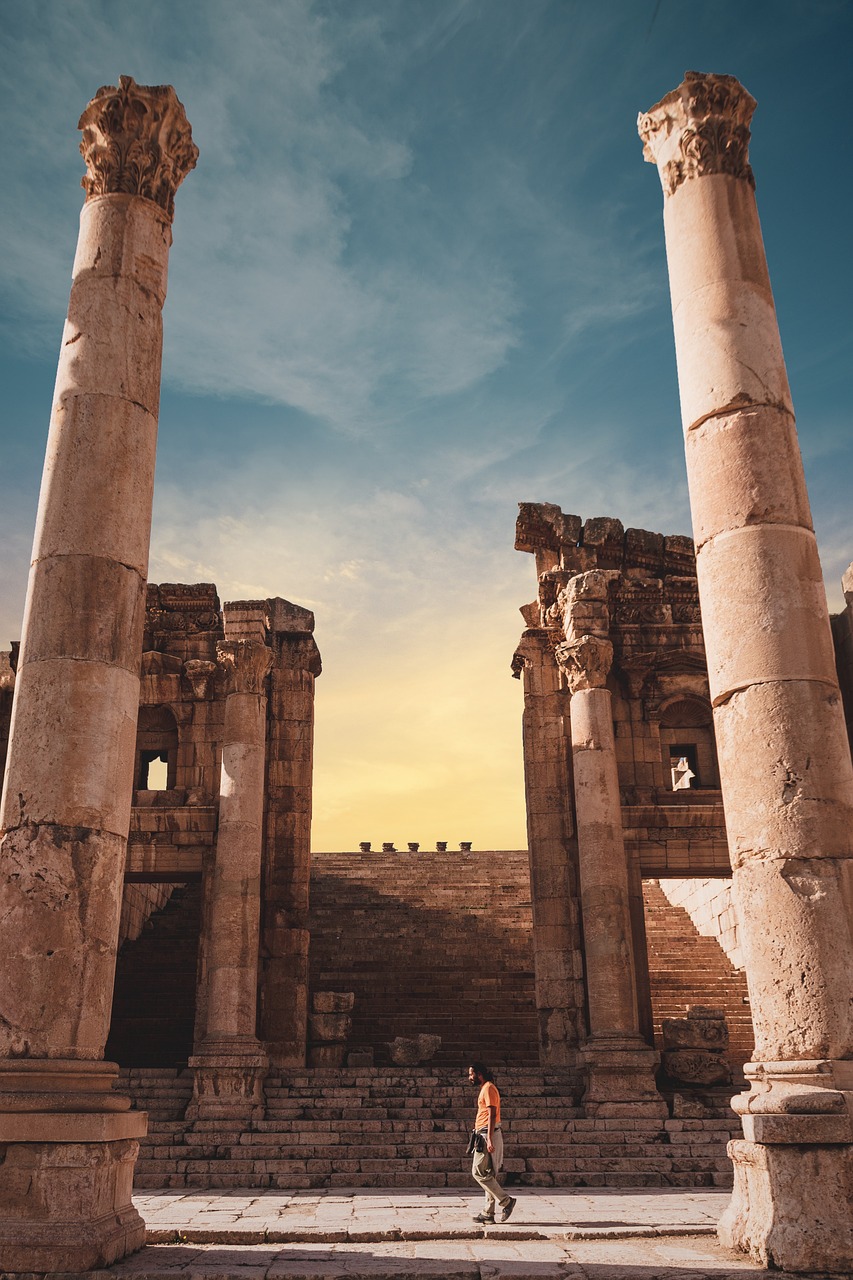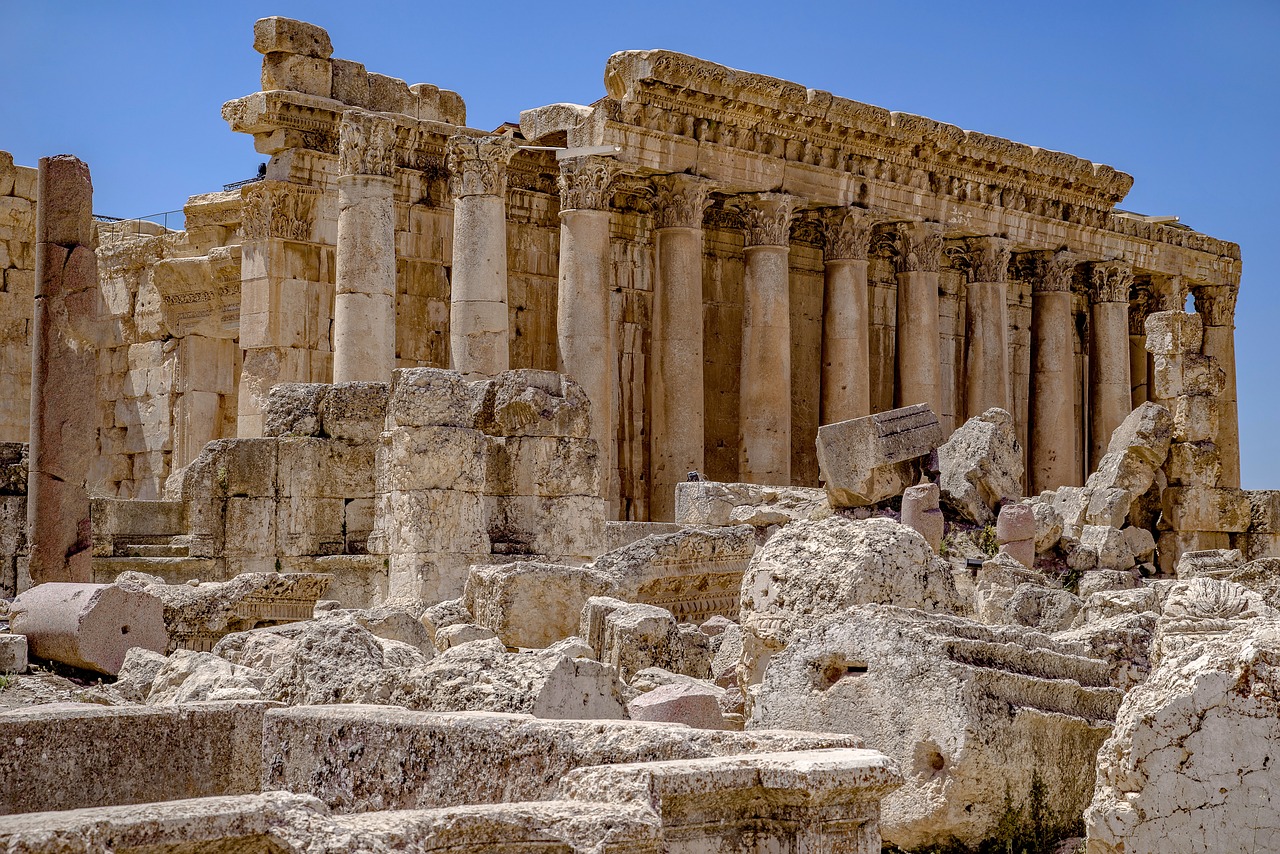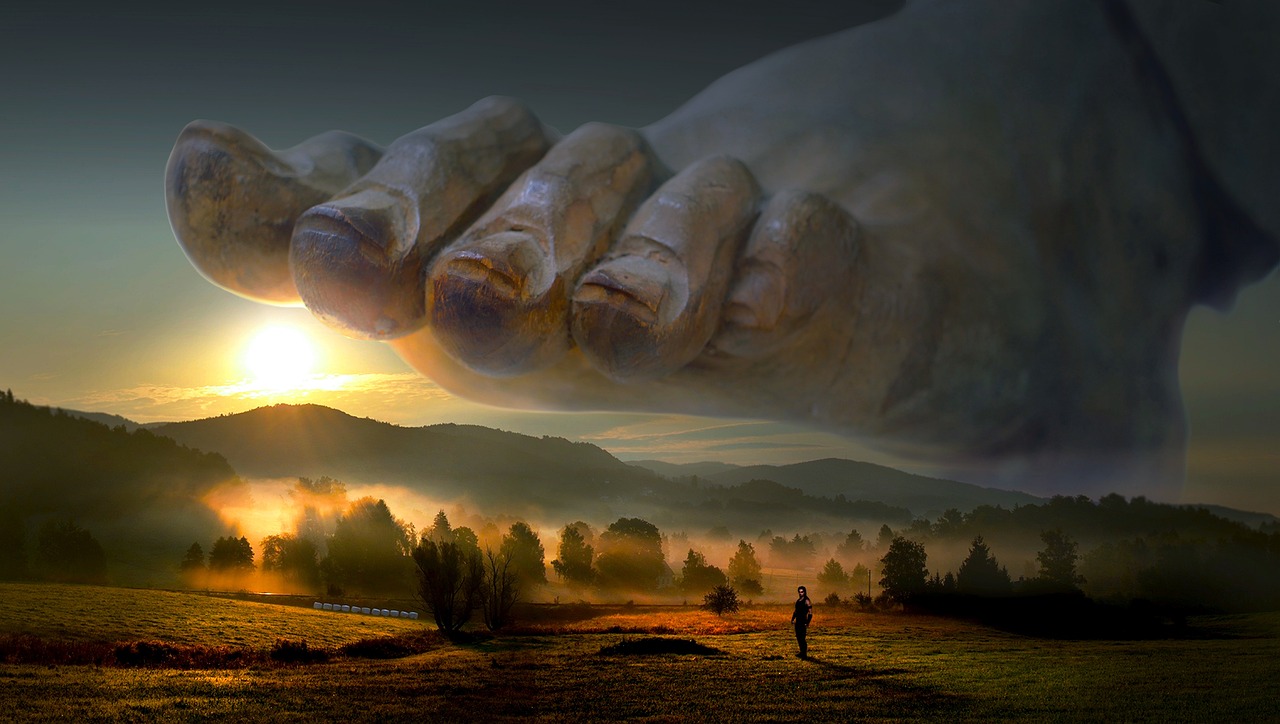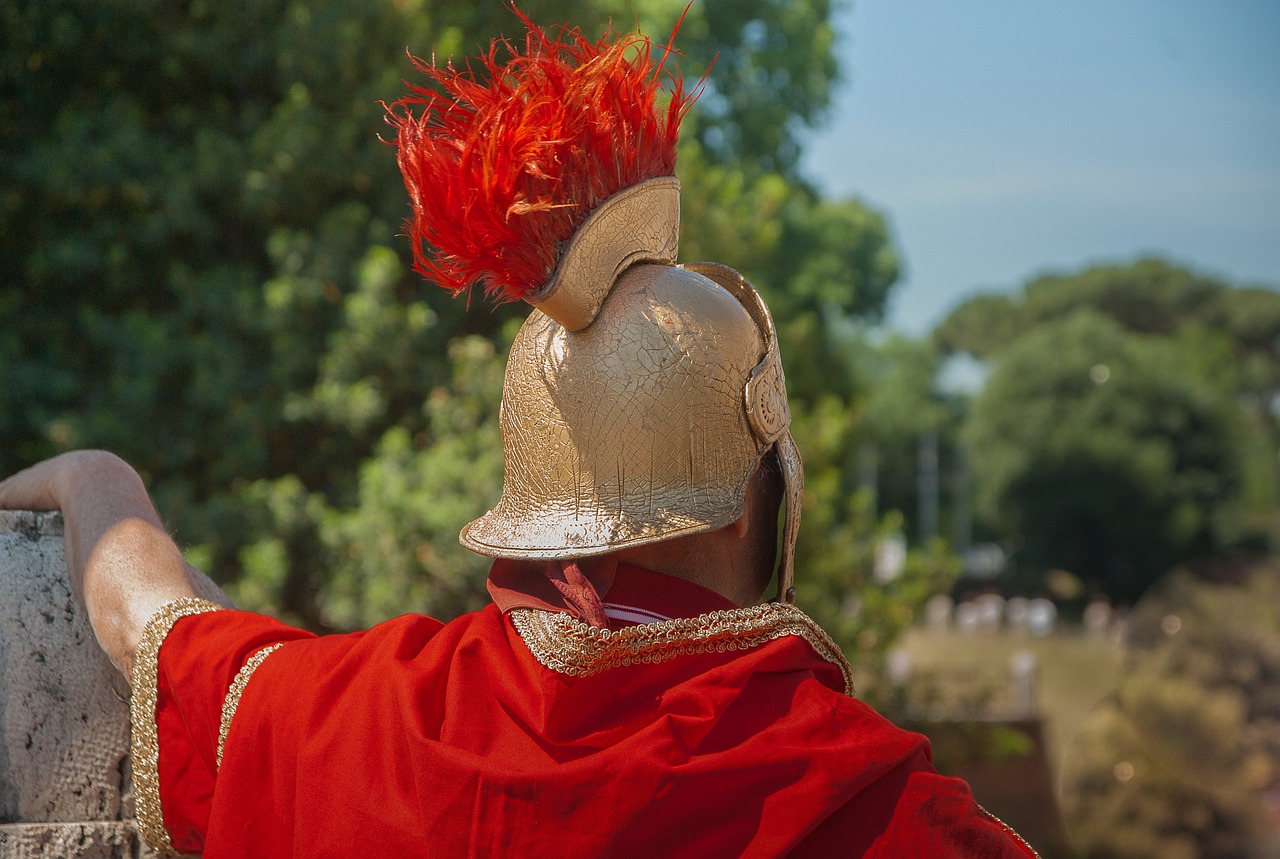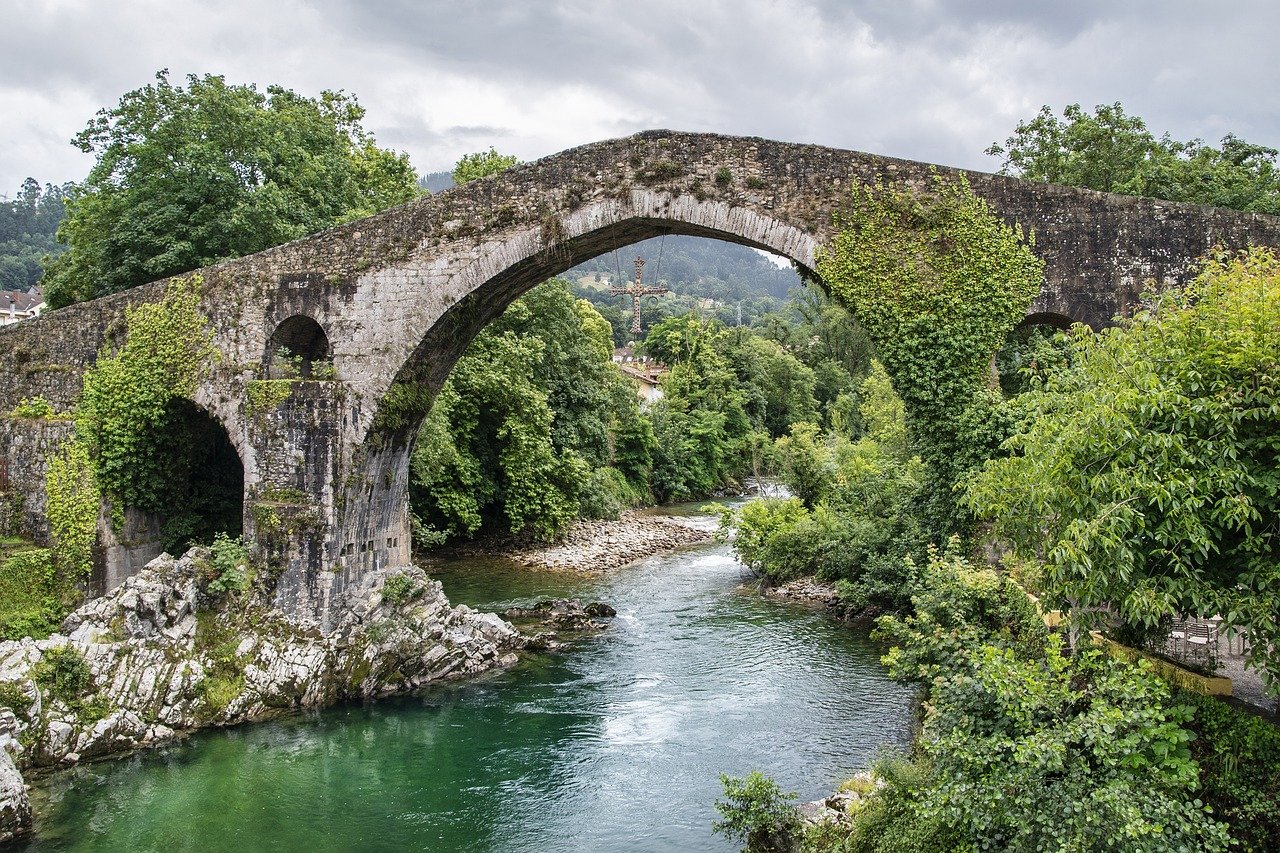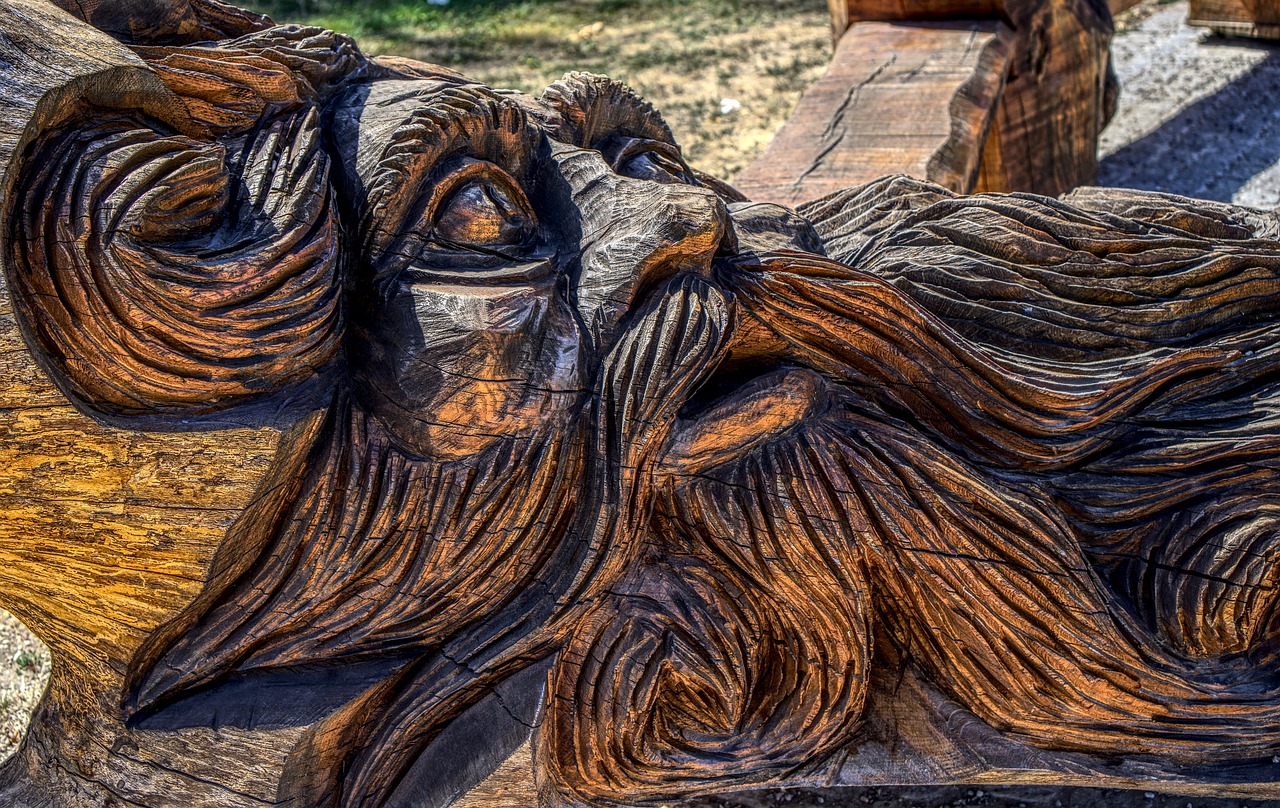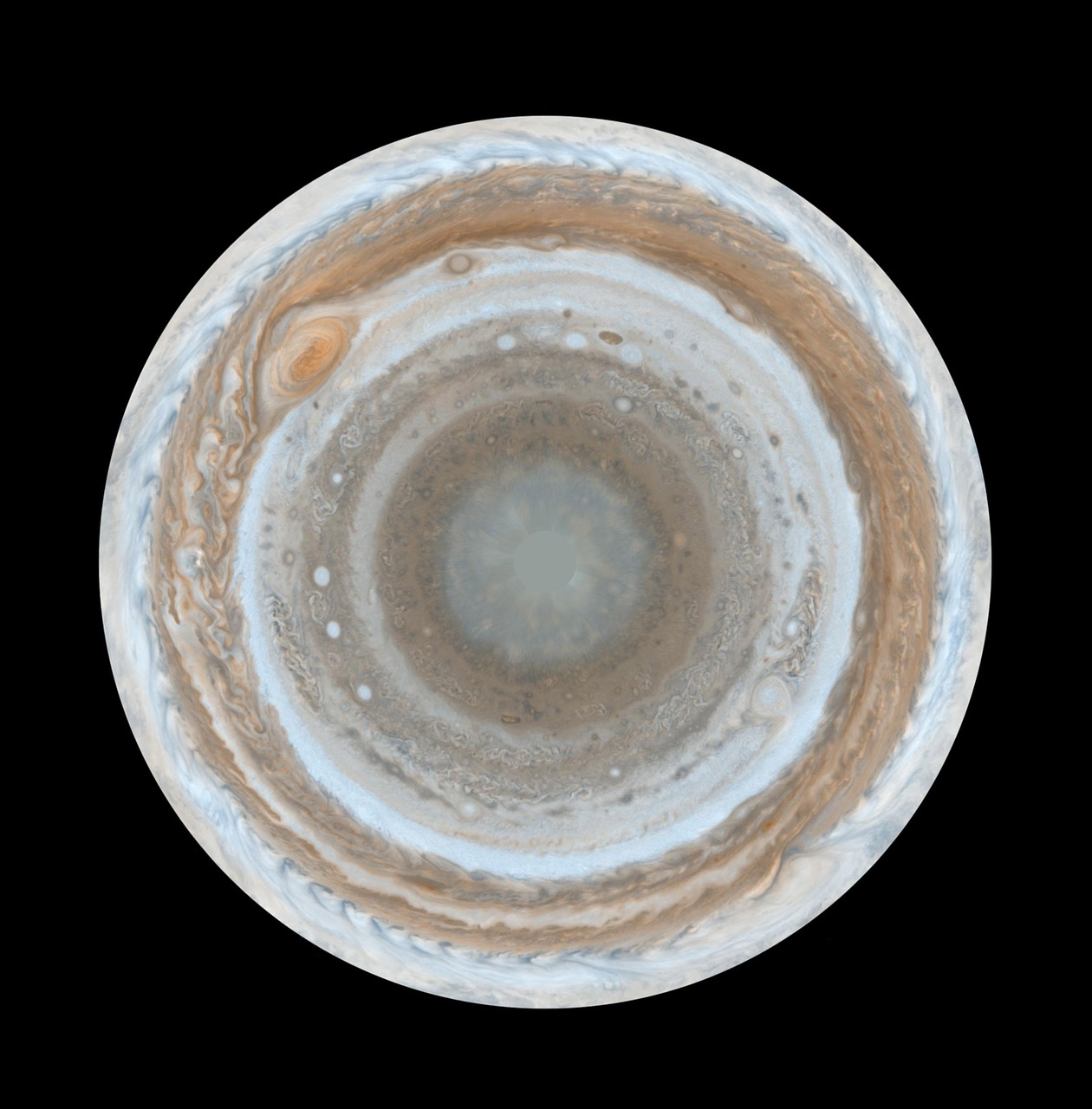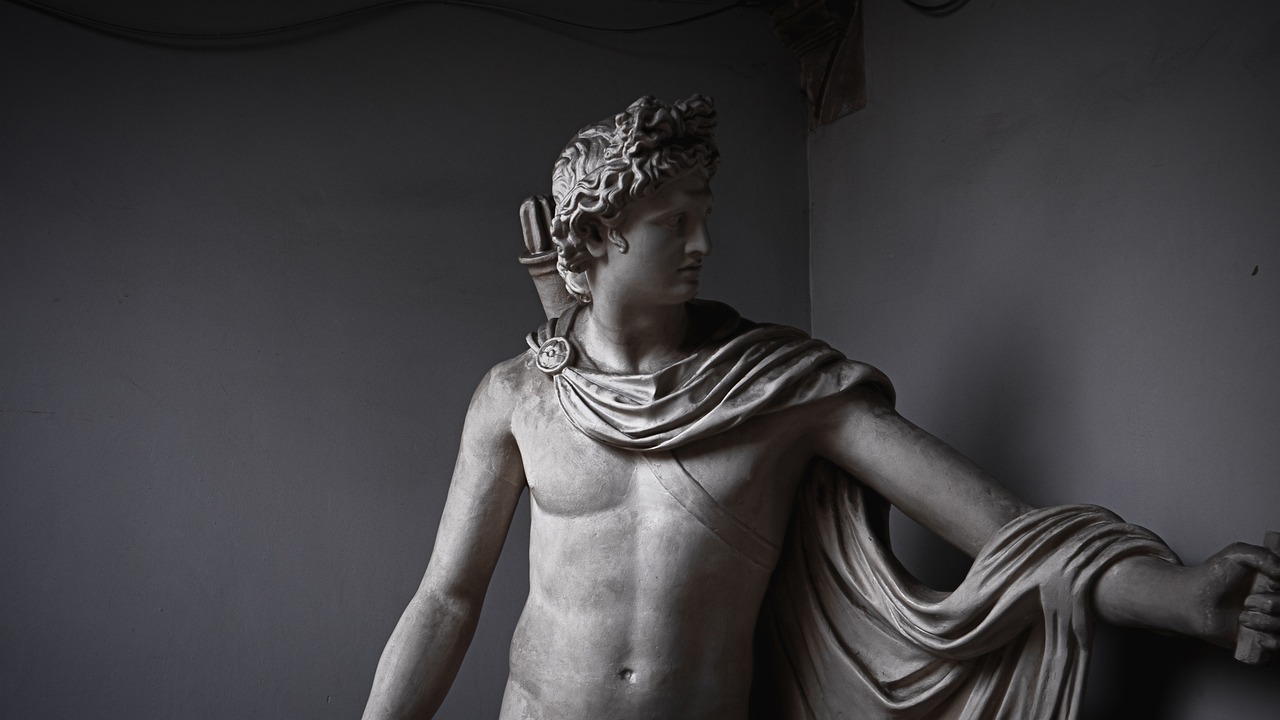Tag: Roman mythology
-
Pomona, the ancient Roman deity of fruit trees and orchards, derives her name from the Latin term ‘pomum’, signifying fruit or orchard produce. Unlike many Roman gods, she stands uniquely without an equivalent in Greek mythology, though some suggest parallels with Demeter, the Greek goddess of harvest. Artistic representations often depict Pomona as a charming,…
-
Vulcan, known as Volcanus in Roman mythology, embodies the god of fire and forge, paralleling the Greek Hephaestus. The offspring of Jupiter and Juno, he was revered as the patron deity of blacksmiths and skilled craftsmen. Alongside his dominion over the forge, Vulcan’s association with destructive fires from natural phenomena, such as volcanoes, made him…
-
Quirinus is one of the enigmatic deities of ancient Rome, with a history that remains somewhat obscure. He has been venerated in conjunction with both Jupiter and Mars since the earliest times, and his significance is linked to the Quirinal Hill, where he is thought to oversee the welfare of the Roman populace as well…
-
Overview of Juno in Roman Mythology Juno, known as Iuno in Latin, was revered as the queen of the Roman pantheon and stood as the consort of Jupiter, the foremost deity. She played a vital role as the champion and protector of women, focusing on their domestic responsibilities in marriage and motherhood. The portrayal and…
-
Vulcan: The Roman God of Fire and Forge Vulcan, known as Volcanus, was the Roman deity revered as the god of fire and forge, paralleling the Greek Hephaestus. Born to the prominent gods Jupiter and Juno, Vulcan served as the protector of blacksmiths and craftsmen, embodying not only the creative aspects of fire but also…
-
Roman religion, often referred to within the context of Roman mythology, encapsulates the beliefs and practices of the inhabitants of the Italian peninsula from ancient times to the rise of Christianity in the 4th century CE, during what is known as Classical antiquity. Nature and Significance According to Cicero, a well-known orator and politician, the…
-
Victoria: Roman Goddess of Victory Victoria, the Roman deity embodying victory, played a vital role among the victors of warfare, believed to hold the power to grant success. She was particularly revered by Roman generals returning from the battlefield. These triumphant commanders were honored with a ceremonial event known as a ‘Triumph,’ a grand procession…
-
Neptune, the Roman deity governing the sea, parallels the Greek god Poseidon. Initially venerated as a freshwater god, he later became associated with Poseidon early in Rome’s history. He resides in a magnificent palace beneath the ocean’s surface, presiding over divine beings linked to the sea, including nymphs and various aquatic creatures. As the offspring…
-
The Mighty Jupiter: King of the Roman Gods Jupiter, known as the god of sky and thunder, is significant in Roman mythology. He is the equivalent of the Greek god Zeus and is sometimes referred to as Jove. Being the chief deity, his influence extends to various aspects of Roman culture and religion. Jupiter is…
-
Pluto, revered as the deity of the Underworld in Roman mythology, is often associated with his Greek counterpoint, Hades. Unlike other deities who inhabited Mount Olympus, Pluto opted to dwell in the Underworld, marking a distinction in his character and role among the pantheon. Family Dynamics Pluto, known as Hades, was the offspring of the…



